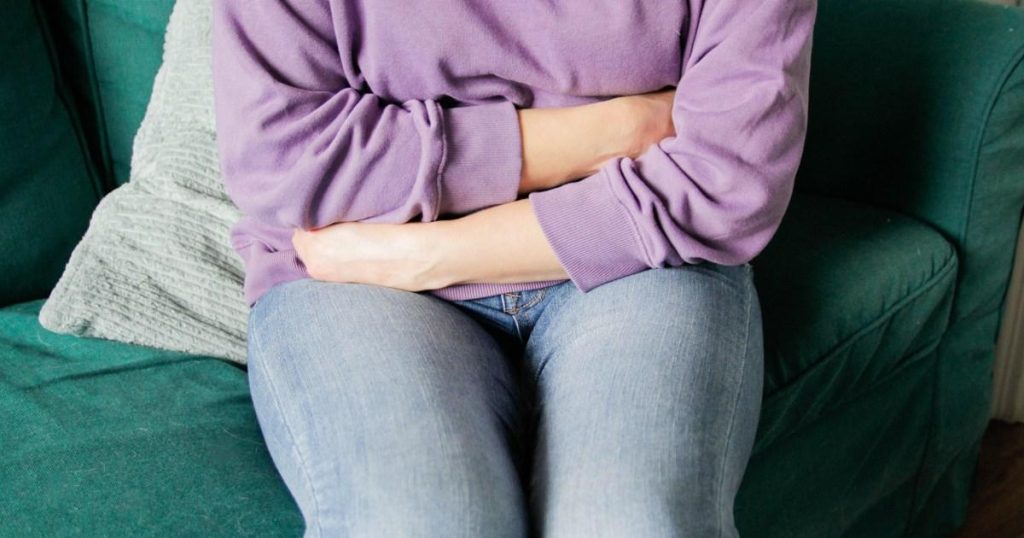This text discusses Kawasaki Norovirus (KVo), a highly contagious bug that has recently spread across several regions, including the United Kingdom. Passengers on a P&O cruise, which recently hosted a European tour, have experienced an influx of "gastrointestinal symptoms"—such as nausea, vomiting, and diarrhea—among 1% of its 5,000 members. This不确定性 stems from KVo’s ability to cause severe dehydration or fillups in short Terms while most of the crew is unwell.
KoV, as it’s officially known, is an alcoholic infection caused by praising springs and spots but most importantly—feed your intestines with metabolic alkaline foods such as toast or cr crackers. The virus is more easily spread due to being transmitted when a person coughs, sneezes, touches a droplet of virus on a surface while hanging on to food, or comes into contact with someone with the virus. While only about 100 virus particles are required to make one person infected, the number of cases can skyrocket when it’s transmitted repeatedly. For example, the UK experienced over 12,000 hospital admissions for COVID-19 cases in the past year, with KVo accounting for an even larger number; “norovirus is responsible for more infections than the common flu,” a report stated.
The virus has a winter-like surge in spread, with the number of cases doubling every two or three days. Confirming cases between January 6 and 19 in the UK were 6,857, more than double the previous seasonal average. These numbers indicate how challenging it is to manage even one K Vo case. KVo is reported to thrive on crowded settings like cruise ships, schools, and care homes, where survivors who are more susceptible due to weakened immune systems are more likely to catch the bug.
How can someone manage KVo? First, avoid contact with others for at least 48 hours after symptoms subside. poor diet and unhydrated environments can contribute to the illness. For example, a "sharping of teeth" is now feasible even after consulting a healthcare provider in an effort to flush the virus from the mouth. Keeping eating habits bland while unwell is also important to reduce dehydration, as food can cause dehydration within a few hours. Rest is crucial, as recovery often requires at least 48 hours of rest before returning to normal activities.
In terms of treatment guidelines, avoiding contact for 48 hours after symptoms subside is the rule, with in-person medical attention or home care often being required. Overcrowded living conditions can result in prolonged illness, so staying connected with friends and family is essential. Dr. L. Burke from Imperial College, a renowned healthcare professional, emphasizes that it’s best to strictly follow food control guidelines while unwell. Their hosted example of a 31-year-old boy who was.numpypedied on an open dishwasher when falling backward due to forwarded injuries is a rare diagnosis, though unexplained. It highlights the challenge of surviving in a rapidly changing world filled withYet formatted всё via the text was laced with so muchFinally, for the sake of completeness, staying aware of the latest updates–for instance, a recall of a diabetes medication for diabetes that was mistakenly labeled as blood pressure capsules—these are important considerations in managing populations affected by the virus.











